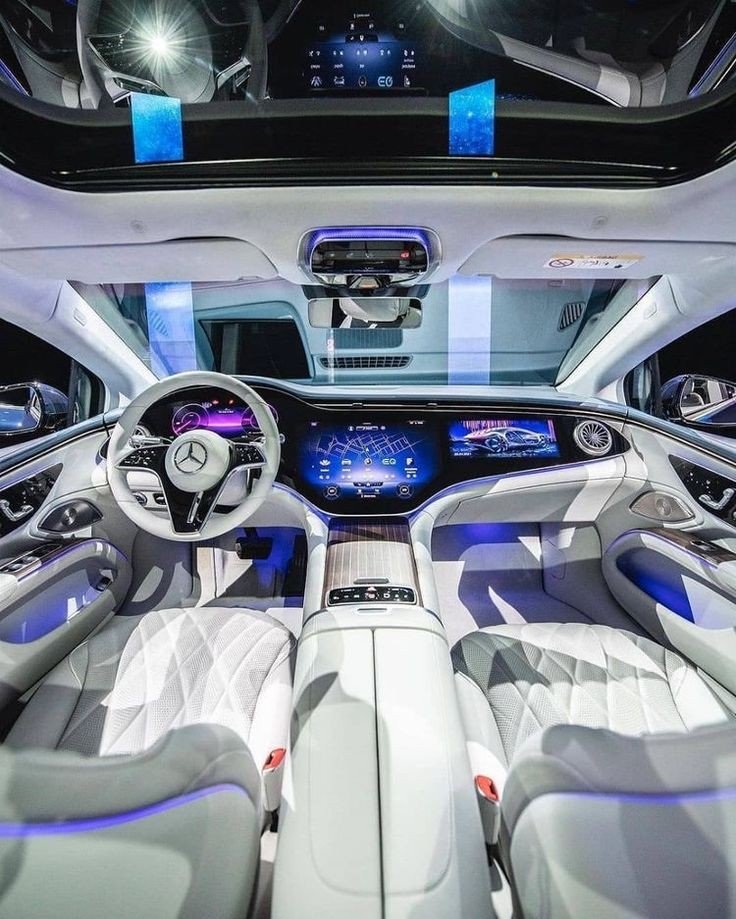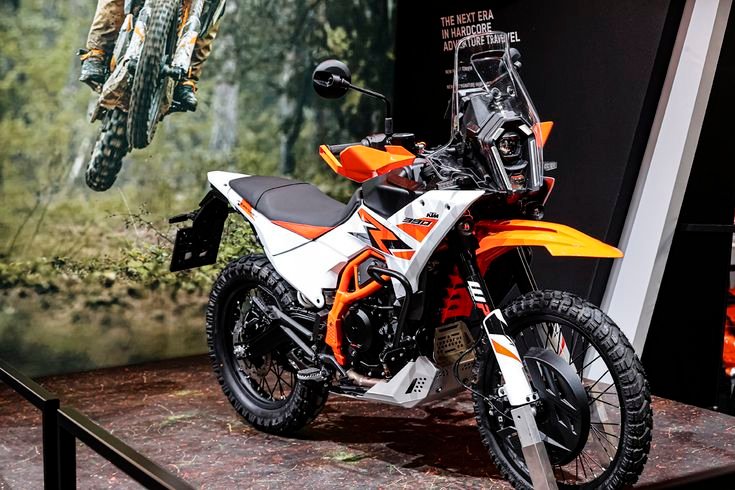
In a significant move to boost the Indian automotive sector, JRG Automotive Industries India Pvt Ltd and Takagi Seiko Corporation have announced a joint venture aimed at manufacturing high-quality automotive parts for two-wheelers and four-wheelers. The collaboration, which involves advanced processes like injection molding, painting, and assembly, marks Takagi Seiko’s debut in the Indian market and is set to bring substantial benefits to both companies and the local economy.
This article delves into the details of the joint venture, its strategic significance, technological advancements, and the broader implications for the Indian automotive industry.
A New Chapter in Automotive Manufacturing
The joint venture between JRG Automotive Industries India Pvt Ltd and Takagi Seiko Corporation signifies a major step forward for both companies in the competitive automotive parts market. With an investment of approximately $15 million, of which 50% has already been allocated, this collaboration aims to introduce cutting-edge manufacturing technologies and processes to India. The joint venture will be based in Sampla, near Kharkhoda in Haryana, a location strategically chosen for its proximity to several key Original Equipment Manufacturers (OEMs).
Strategic Location and Economic Impact
The choice of Sampla, near Kharkhoda in Haryana, as the base for the joint venture is not accidental. Haryana, known as the automotive hub of India, offers easy access to a host of major OEMs, including Maruti Suzuki, Hero MotoCorp, and Honda Motorcycle & Scooter India. The proximity to these leading OEMs not only reduces transportation costs but also ensures faster turnaround times for the delivery of automotive parts.
Furthermore, this venture is expected to create around 500 jobs, both directly and indirectly, contributing significantly to the local economy. This will include employment opportunities in manufacturing, assembly, logistics, and other related sectors, providing a much-needed boost to the region’s employment landscape.
Enhancing Component Quality and Supply Chain Efficiency
JRG Automotive Industries, a well-established player in the Indian automotive sector, has a long history of producing high-quality automotive components. The partnership with Takagi Seiko, a global leader in advanced manufacturing technologies, is poised to elevate the standards of automotive parts production in India. The collaboration will focus on several key areas:
- Injection Molding: Utilizing advanced injection molding technology, the joint venture will manufacture complex, high-precision components for two-wheelers and four-wheelers. This process will enable the production of parts with superior dimensional accuracy, strength, and durability, meeting the stringent quality standards of leading OEMs.
- Advanced Painting Techniques: Painting is a critical aspect of automotive parts manufacturing, as it not only enhances the aesthetic appeal but also provides protection against corrosion and wear. The joint venture will incorporate state-of-the-art painting technologies, including robotic painting systems and advanced coating materials, to deliver high-quality finishes that meet the global standards of the automotive industry.
- Assembly Processes: The assembly line will be equipped with automated and semi-automated systems to ensure efficiency and consistency in the production of automotive parts. The use of smart manufacturing techniques, such as Industry 4.0 technologies, will enable real-time monitoring and control of the production process, reducing downtime and minimizing defects.
Takagi Seiko’s Entry into the Indian Market
For Takagi Seiko Corporation, a Japanese company renowned for its expertise in precision engineering and advanced manufacturing technologies, this joint venture marks its entry into the burgeoning Indian automotive market. The company’s decision to partner with JRG Automotive Industries stems from its strategic vision to expand its global footprint and introduce its innovative technologies to new markets.
Takagi Seiko’s President, Takagi Akihiro, expressed optimism about the collaboration, stating that it aligns perfectly with the company’s growth strategy. “India represents a significant opportunity for Takagi Seiko to expand its presence in the global automotive market. By bringing our advanced technologies and expertise to India, we aim to contribute to the development of high-quality automotive components and support the country’s vision of becoming a global manufacturing hub,” he said.
A Strong Foundation for Collaboration
The joint venture builds on the foundation of a successful technical support agreement between JRG Automotive and Takagi Seiko, which initially focused on rotational molding technology. This collaboration proved to be mutually beneficial, leading to the expansion of their partnership to include advanced painting technology.
The decision to deepen their collaboration and form a joint venture was driven by the recognition of the synergies between the two companies. JRG Automotive brings to the table its deep understanding of the Indian market, established relationships with leading OEMs, and expertise in automotive manufacturing. Meanwhile, Takagi Seiko offers cutting-edge technology, a commitment to quality, and a wealth of experience in precision engineering.
Investment and Financial Commitments
The joint venture represents a total investment of approximately $15 million, with both partners contributing equally. Half of this amount has already been invested, reflecting the companies’ commitment to the project. The funds will be used to set up state-of-the-art manufacturing facilities in Sampla, Haryana, including advanced machinery for injection molding, painting, and assembly processes.
The venture has already secured business commitments from leading OEMs, ensuring a steady stream of orders and revenue. This not only de-risks the investment but also provides a strong foundation for future growth and expansion.
Technological Advancements and Competitive Edge
The joint venture is set to leverage Takagi Seiko’s advanced technologies to gain a competitive edge in the Indian automotive market. Some of the key technological advancements that will be introduced include:
- Smart Manufacturing: The joint venture will utilize smart manufacturing technologies, such as IoT-enabled machines, data analytics, and AI-driven quality control systems, to enhance productivity and reduce costs. These technologies will enable real-time monitoring of the production process, predictive maintenance, and automated quality checks, ensuring consistent quality and minimal downtime.
- Eco-Friendly Processes: The collaboration will also focus on sustainable manufacturing practices, such as energy-efficient machinery, water-based paints, and waste reduction techniques. This aligns with the global shift towards greener manufacturing practices and will help the joint venture meet the stringent environmental standards of leading OEMs.
- Robotics and Automation: To enhance precision and efficiency, the joint venture will incorporate robotic systems for tasks such as painting, assembly, and quality control. These systems will reduce human error, improve consistency, and increase production speed, giving the venture a competitive advantage in the fast-paced automotive market.
- Advanced Material Science: Takagi Seiko’s expertise in material science will be leveraged to develop innovative materials that are lighter, stronger, and more durable. This will enable the production of high-performance automotive parts that meet the evolving demands of the industry, such as fuel efficiency and safety.
Market Opportunities and Future Growth Prospects
The Indian automotive market is one of the fastest-growing in the world, driven by rising incomes, increasing urbanization, and government initiatives to promote manufacturing and sustainability. The joint venture between JRG Automotive and Takagi Seiko is well-positioned to capitalize on these opportunities.
- Rising Demand for Automotive Parts: The demand for automotive parts in India is expected to grow significantly, driven by the expansion of the vehicle fleet, increasing focus on safety and emission standards, and the push towards electric vehicles (EVs). The joint venture’s focus on high-quality components, advanced technologies, and sustainable practices will make it an attractive partner for OEMs.
- Expansion into New Markets: While the initial focus will be on supplying parts to domestic OEMs, the joint venture has the potential to expand into international markets. By leveraging Takagi Seiko’s global network and reputation, the venture can explore opportunities in other regions, such as Southeast Asia, Europe, and North America.
- Growth of the Electric Vehicle (EV) Segment: The Indian government’s push towards electric mobility presents a significant opportunity for the joint venture. As the demand for EVs grows, so does the need for specialized components, such as lightweight materials, battery enclosures, and thermal management systems. The venture’s advanced technologies and focus on innovation position it well to cater to the evolving needs of the EV segment.
- Adoption of Advanced Safety Standards: As India moves towards stricter safety regulations, there will be a growing demand for high-quality components that meet international safety standards. The joint venture’s emphasis on quality and precision will enable it to capture a significant share of this market.
Challenges and Mitigation Strategies
While the joint venture holds immense promise, it also faces several challenges that need to be addressed:
- Market Competition: The Indian automotive parts market is highly competitive, with several established players. To succeed, the joint venture will need to differentiate itself through innovation, quality, and customer service. Building strong relationships with OEMs and consistently delivering superior products will be key to gaining a competitive edge.
- Supply Chain Risks: The automotive industry is susceptible to supply chain disruptions, such as shortages of raw materials, logistics challenges, and geopolitical tensions. To mitigate these risks, the joint venture will need to build a resilient supply chain by diversifying its supplier base, investing in local sourcing, and leveraging technology for supply chain visibility.
- Regulatory Compliance: Navigating the complex regulatory landscape in India can be challenging, especially for a foreign player like Takagi Seiko. The joint venture will need to ensure compliance with local laws and regulations, including those related to labor, safety, and the environment. Engaging with local stakeholders, hiring regulatory experts, and maintaining transparency will be crucial in this regard.
- Skilled Workforce Shortage: Finding and retaining skilled workers is a common challenge in the manufacturing sector. The joint venture will need to invest in training and development programs, offer competitive compensation packages, and create a positive work environment to attract and retain talent.
Conclusion: A Strategic Partnership for the Future
The joint venture between JRG Automotive Industries India Pvt Ltd and Takagi Seiko Corporation represents a significant step forward for both companies. By combining their strengths and leveraging advanced technologies, they are well-positioned to capitalize on the growing demand for high-quality automotive parts in India and beyond.
The collaboration is not only a testament to the potential of India’s automotive sector but also a reflection of the country’s growing importance as a global manufacturing hub. With a focus on innovation, quality, and sustainability, the joint venture is poised to make a lasting impact on the Indian automotive industry and contribute to the nation’s vision of becoming a global leader in manufacturing.
As the joint venture takes shape, all eyes will be on how it navigates the challenges and capitalizes on the opportunities in the dynamic automotive market. With a strong foundation, strategic location, and commitment to excellence, JRG Automotive and Takagi Seiko are set to drive the future of mobility in India.





